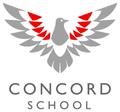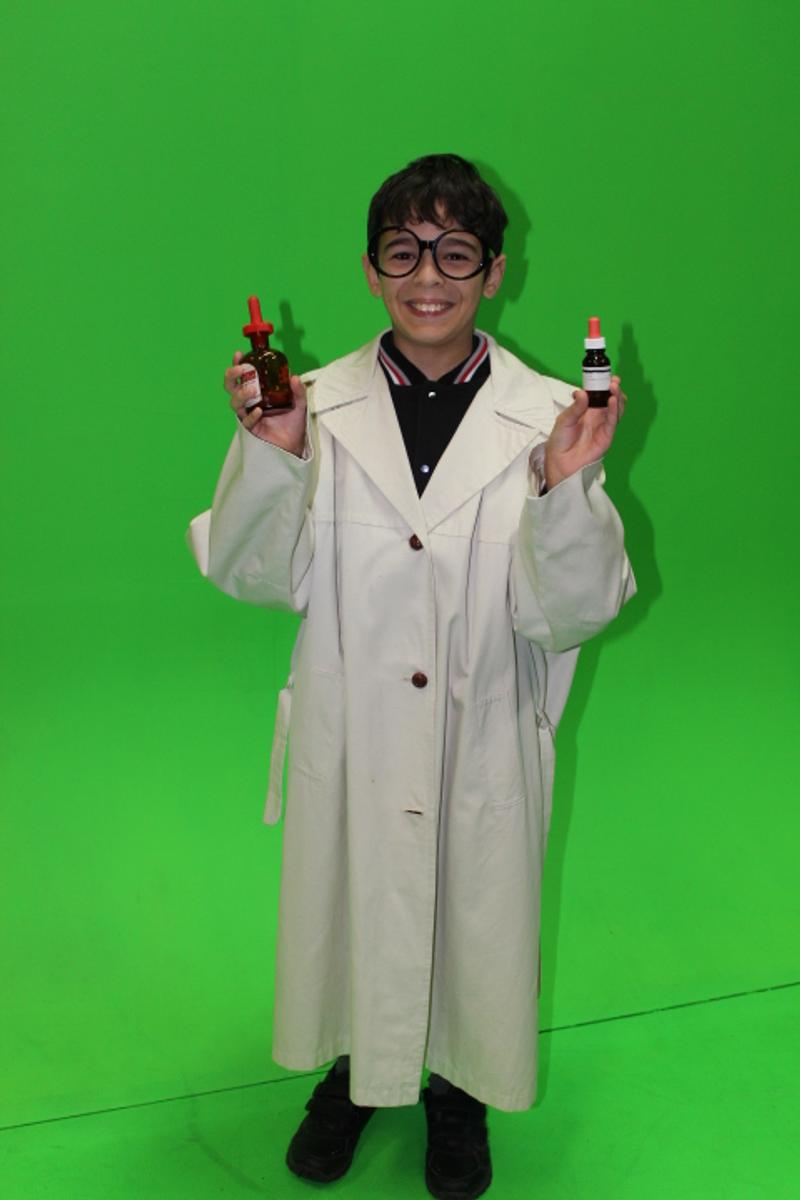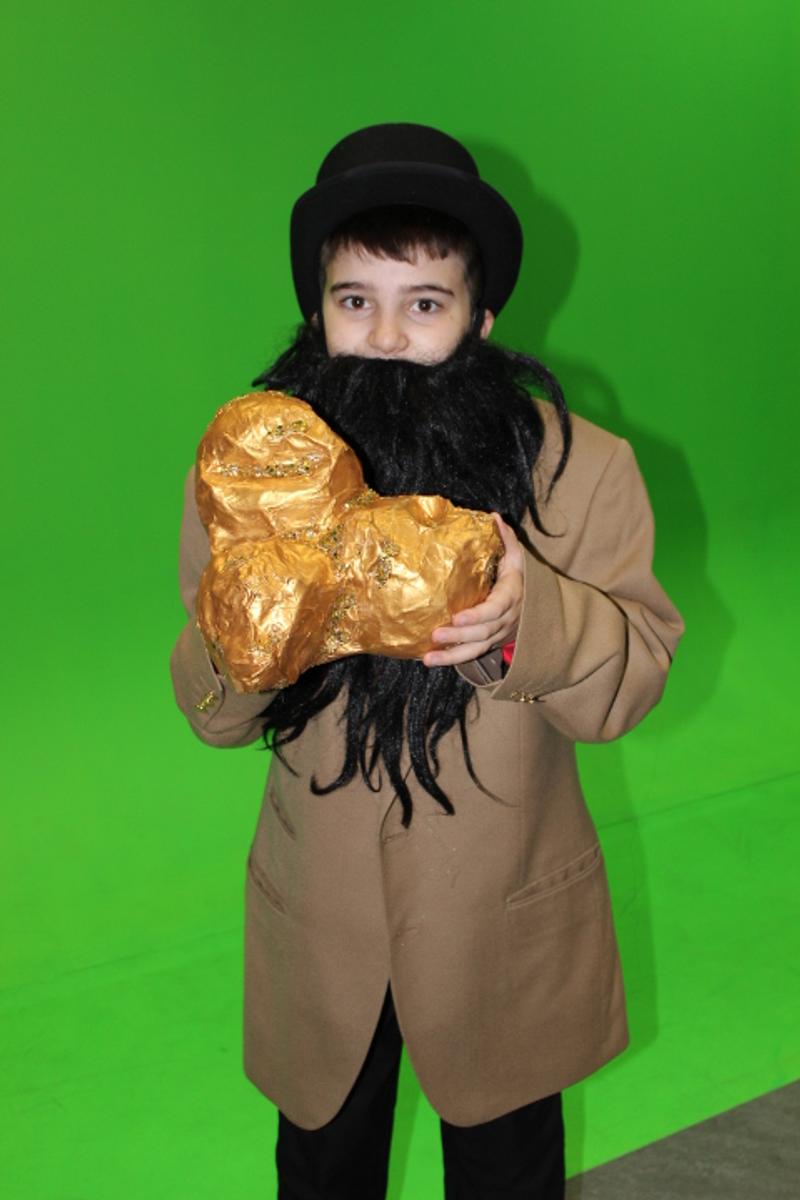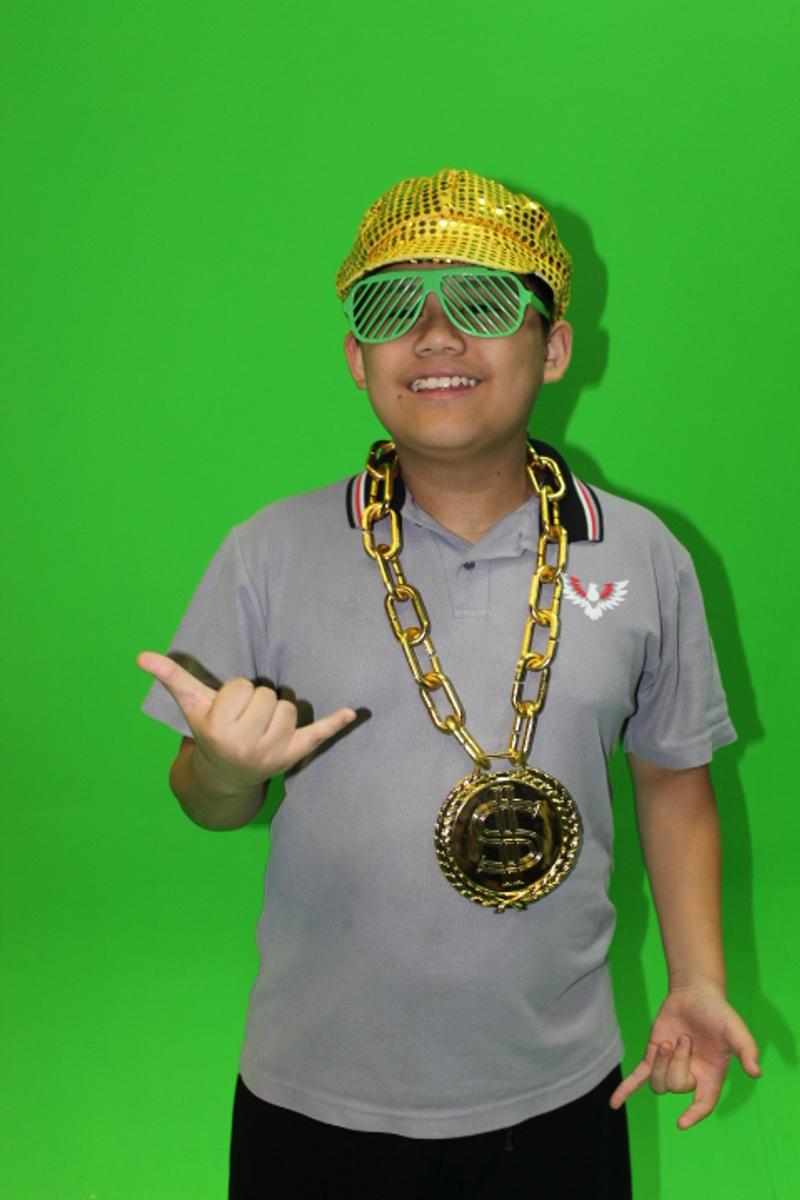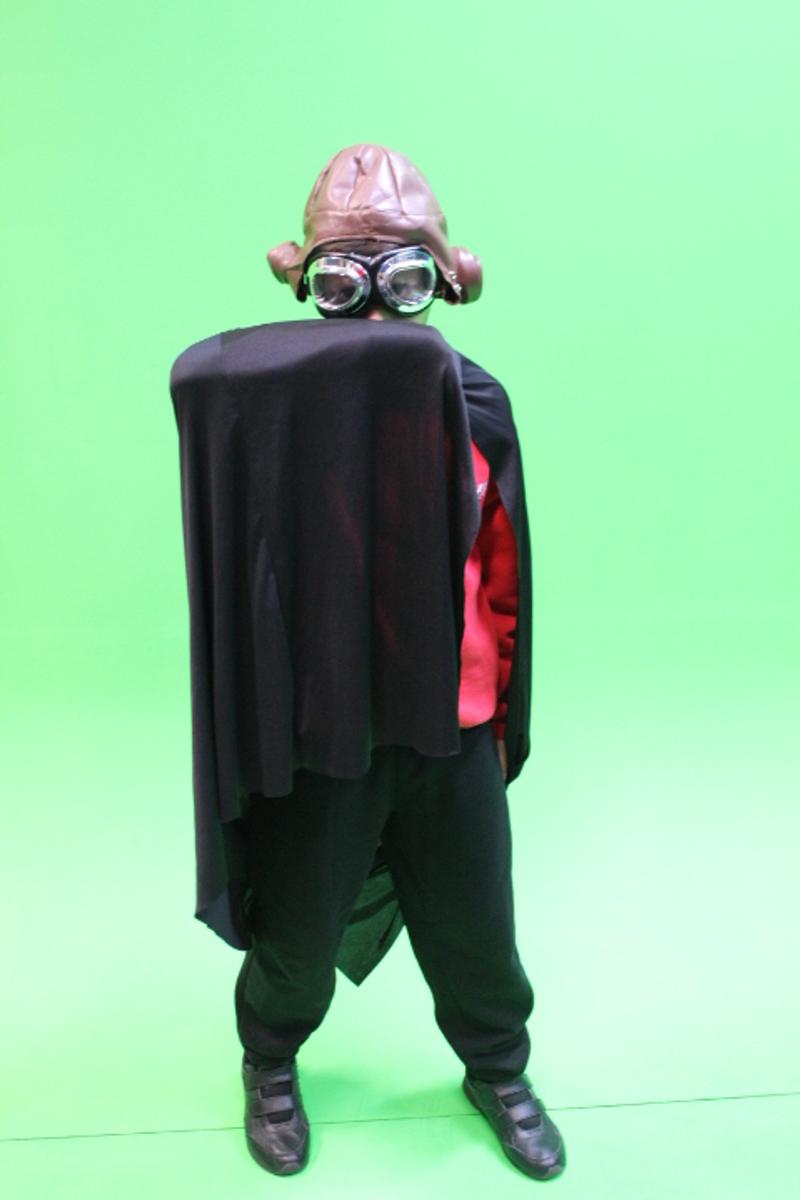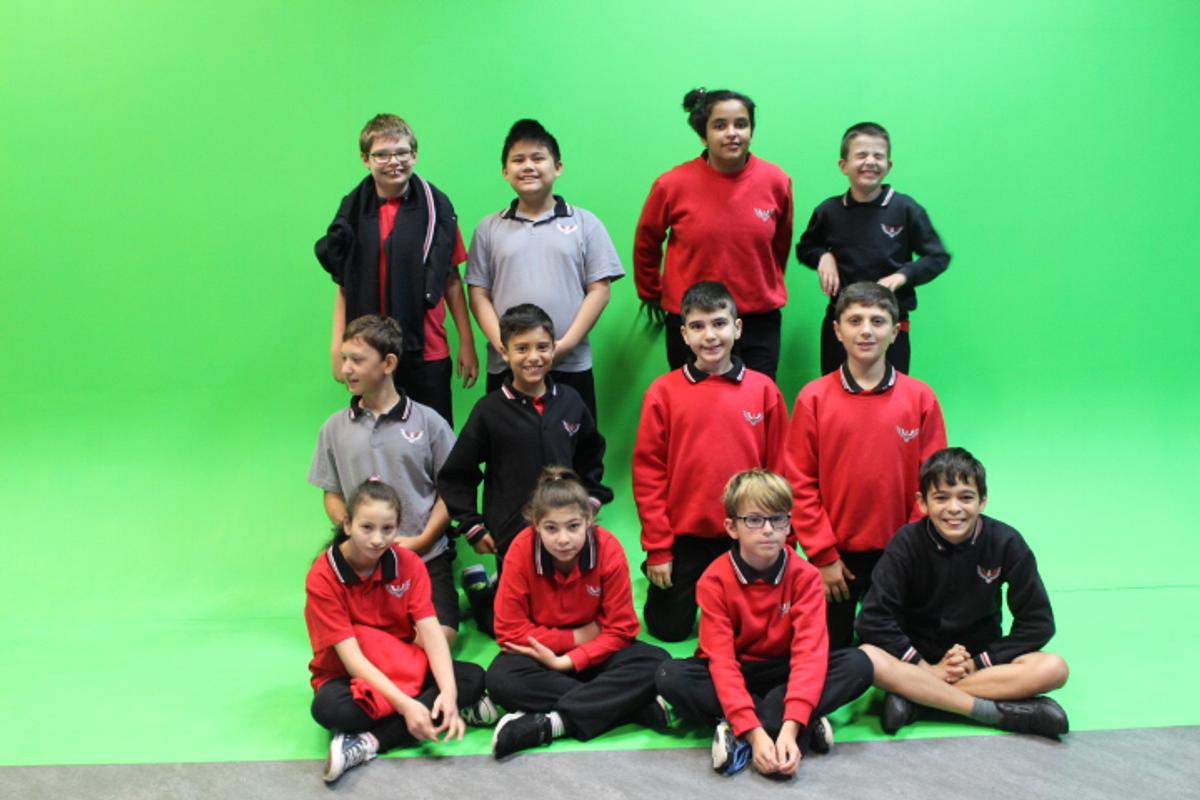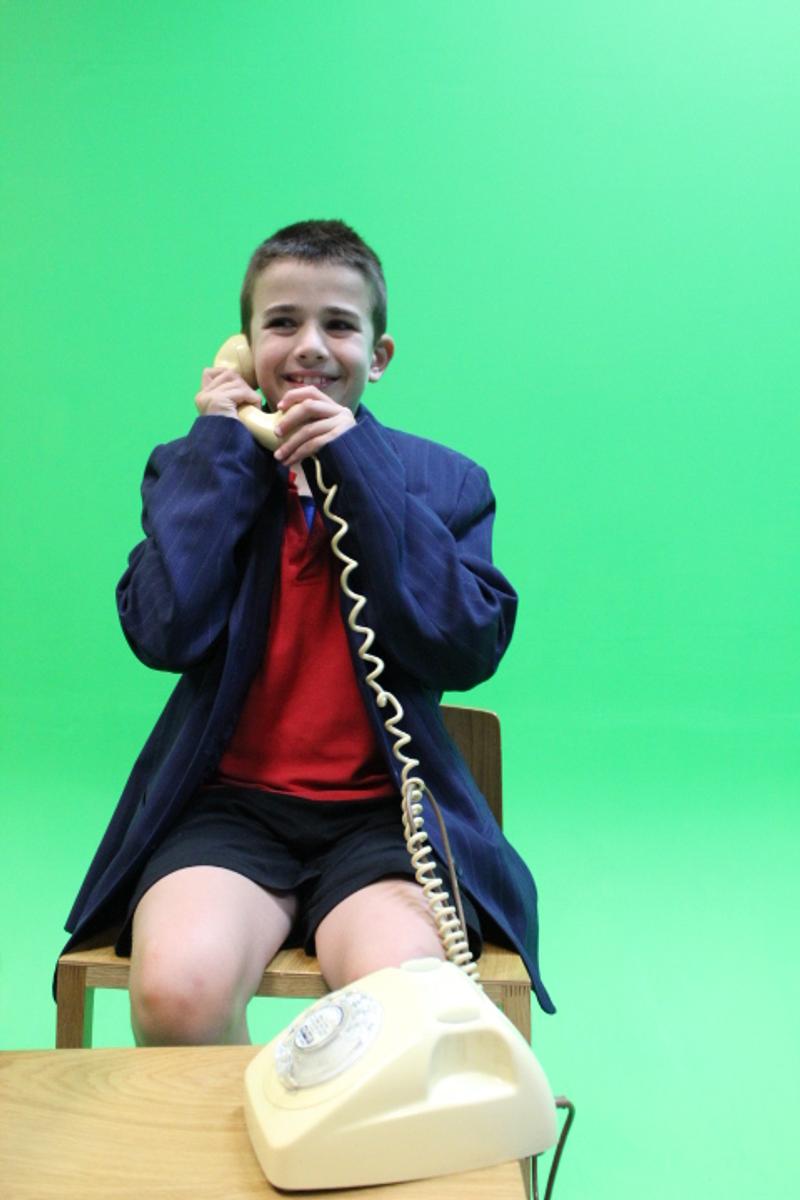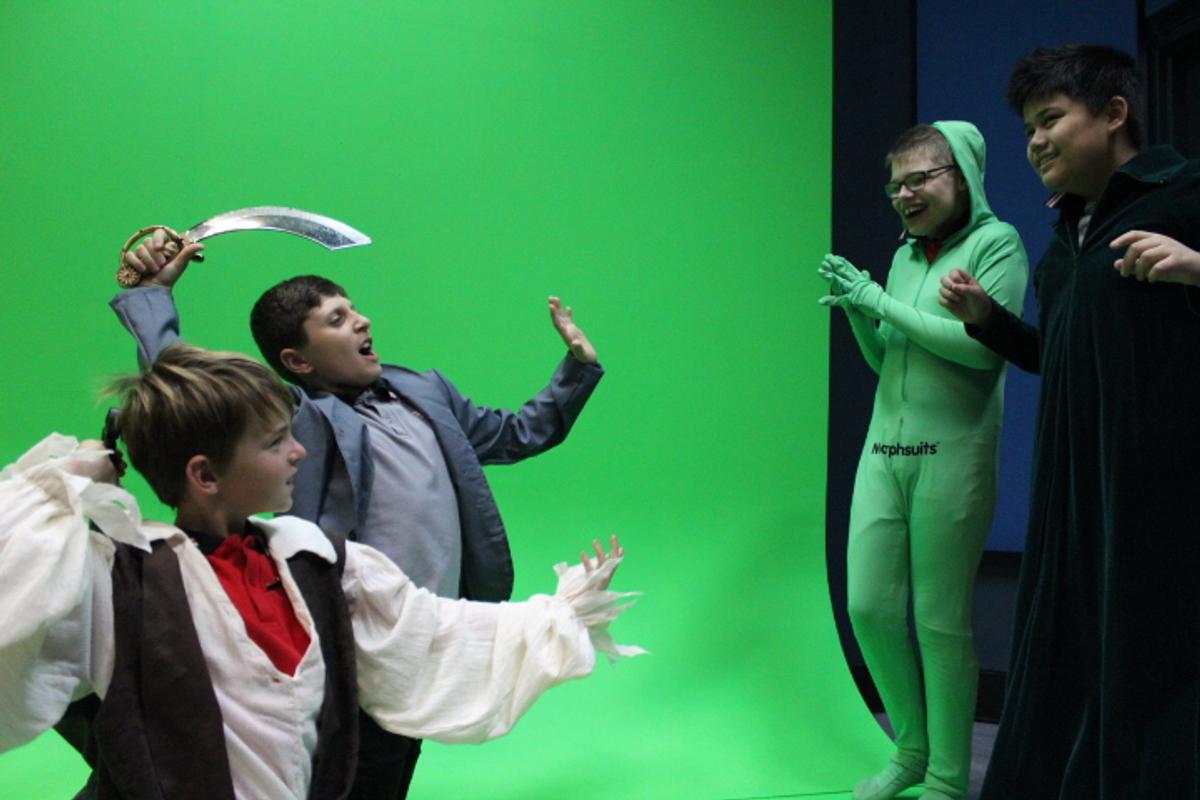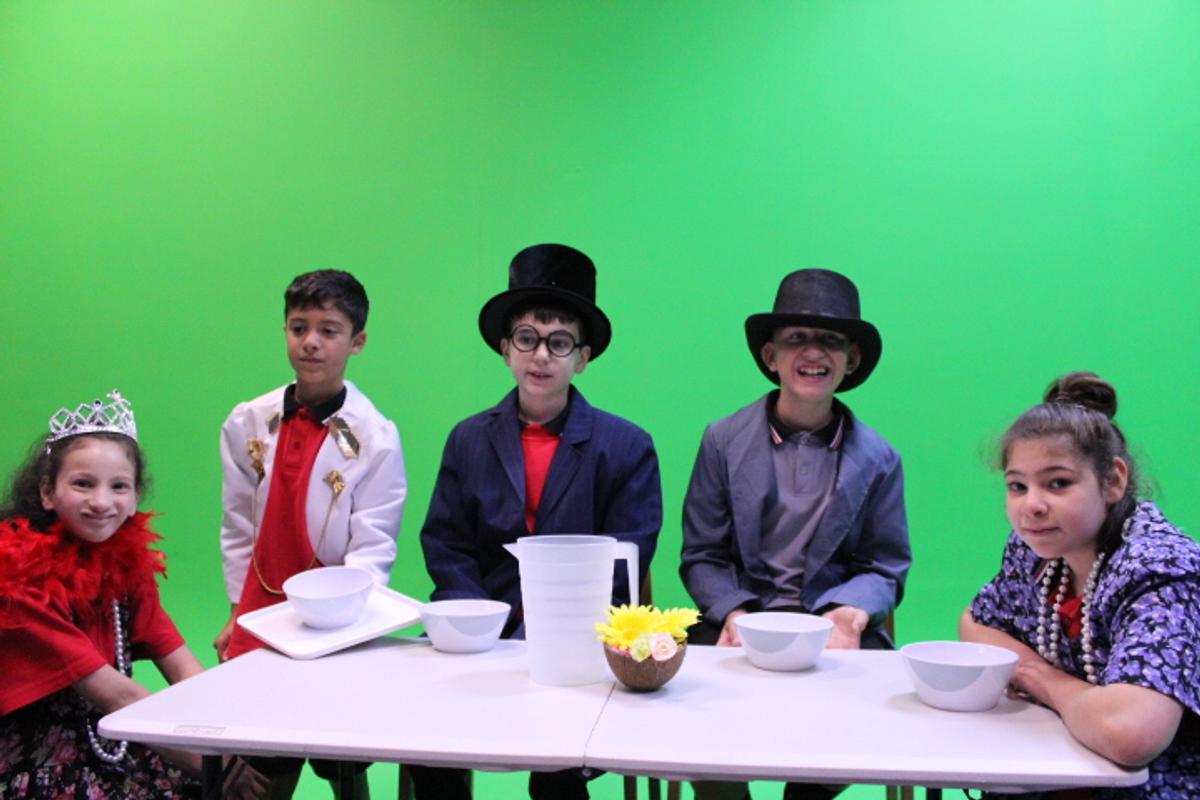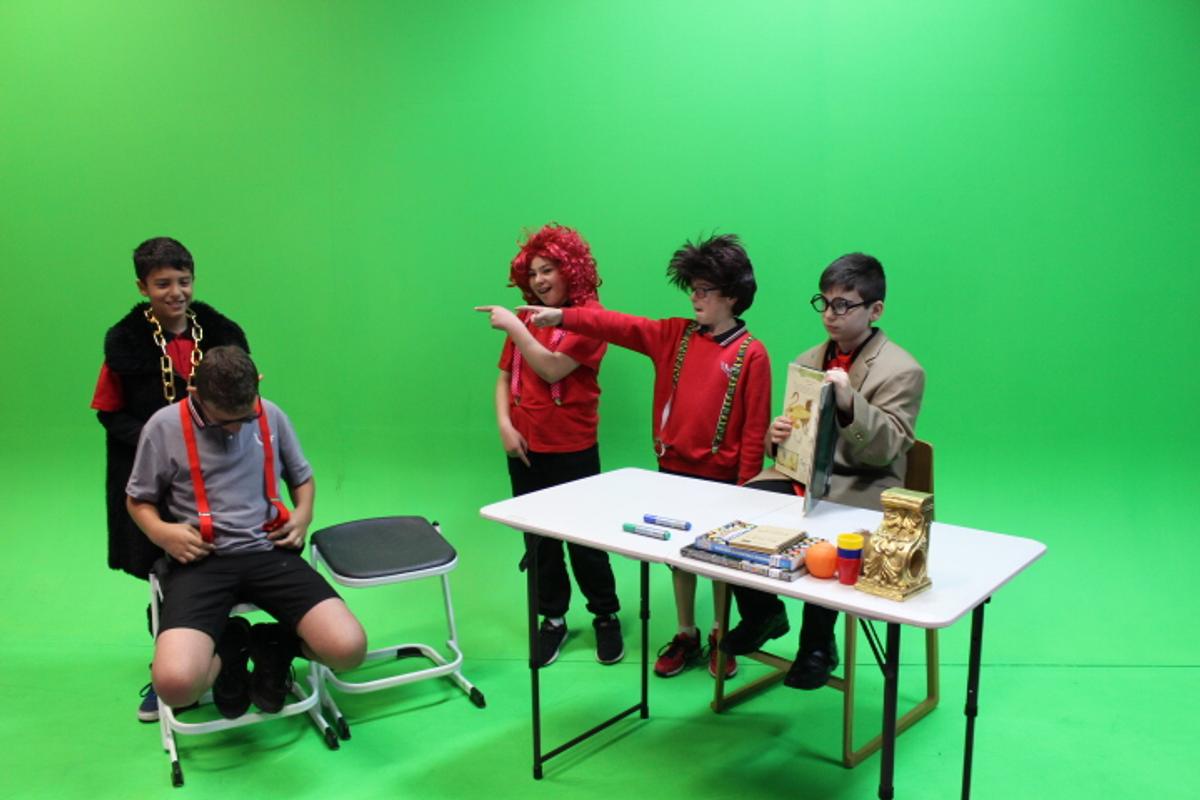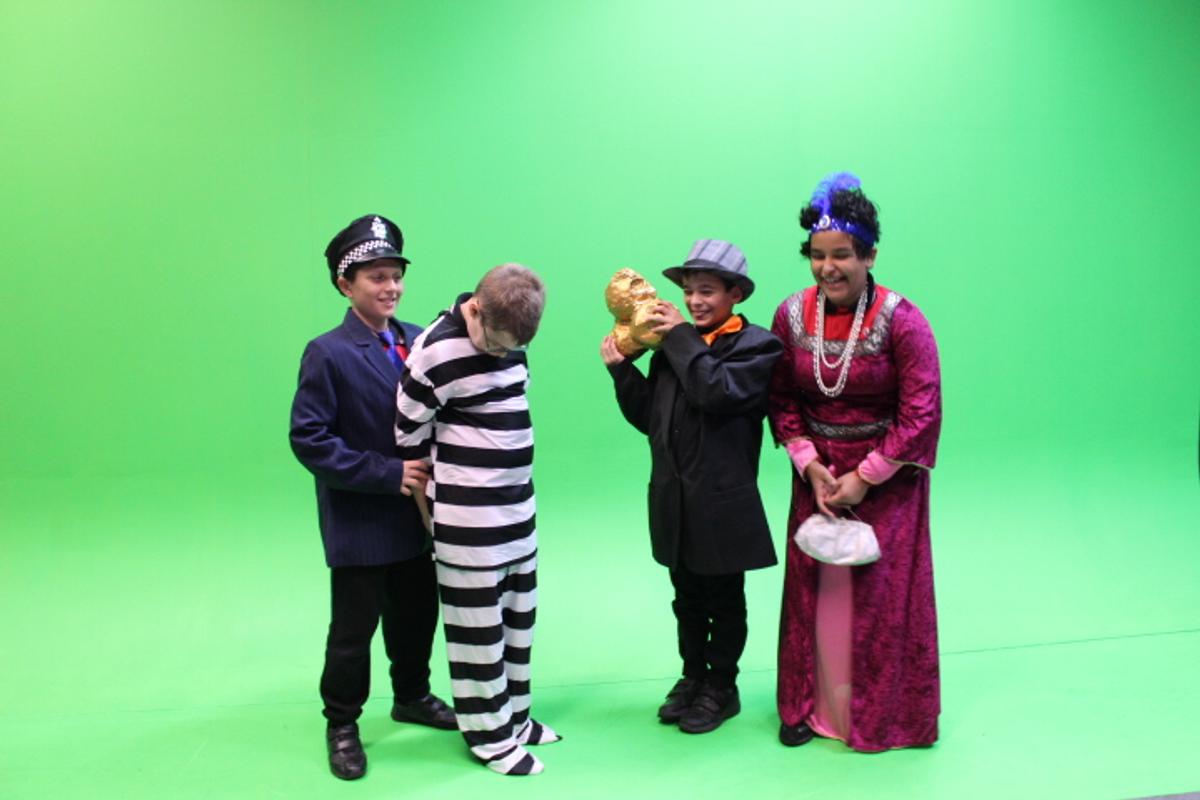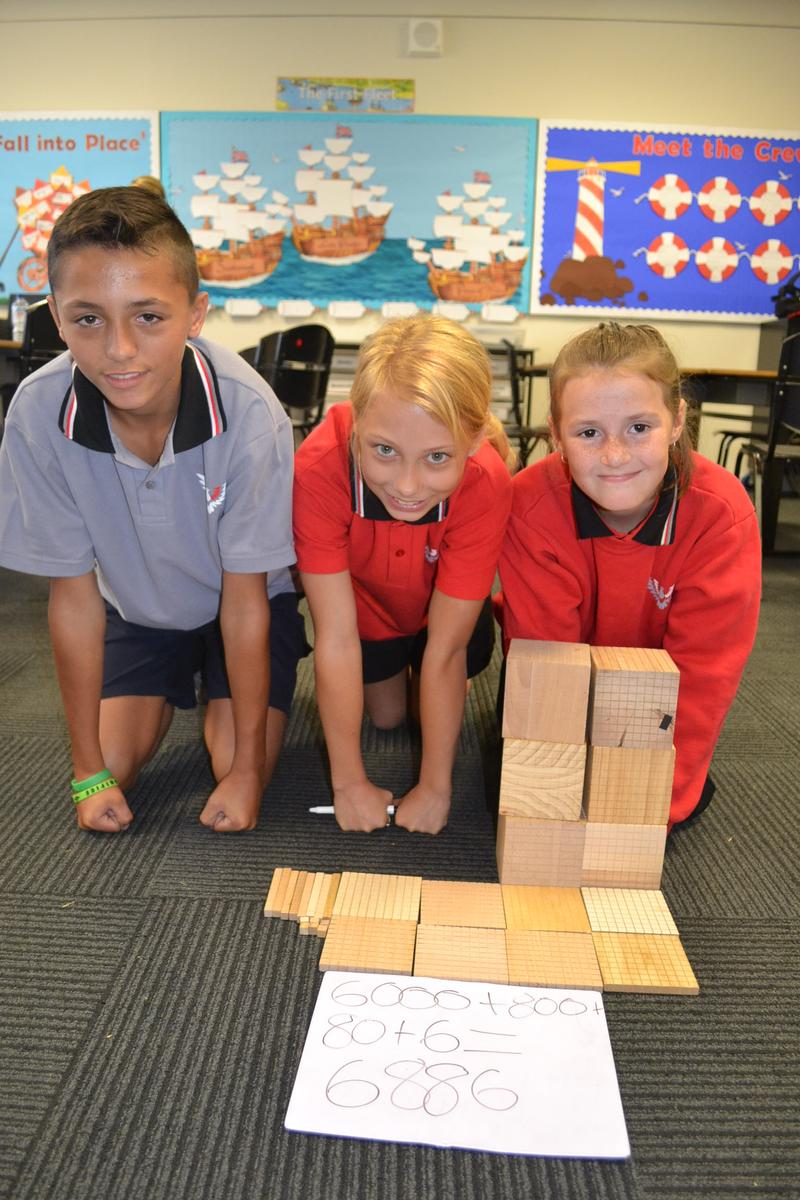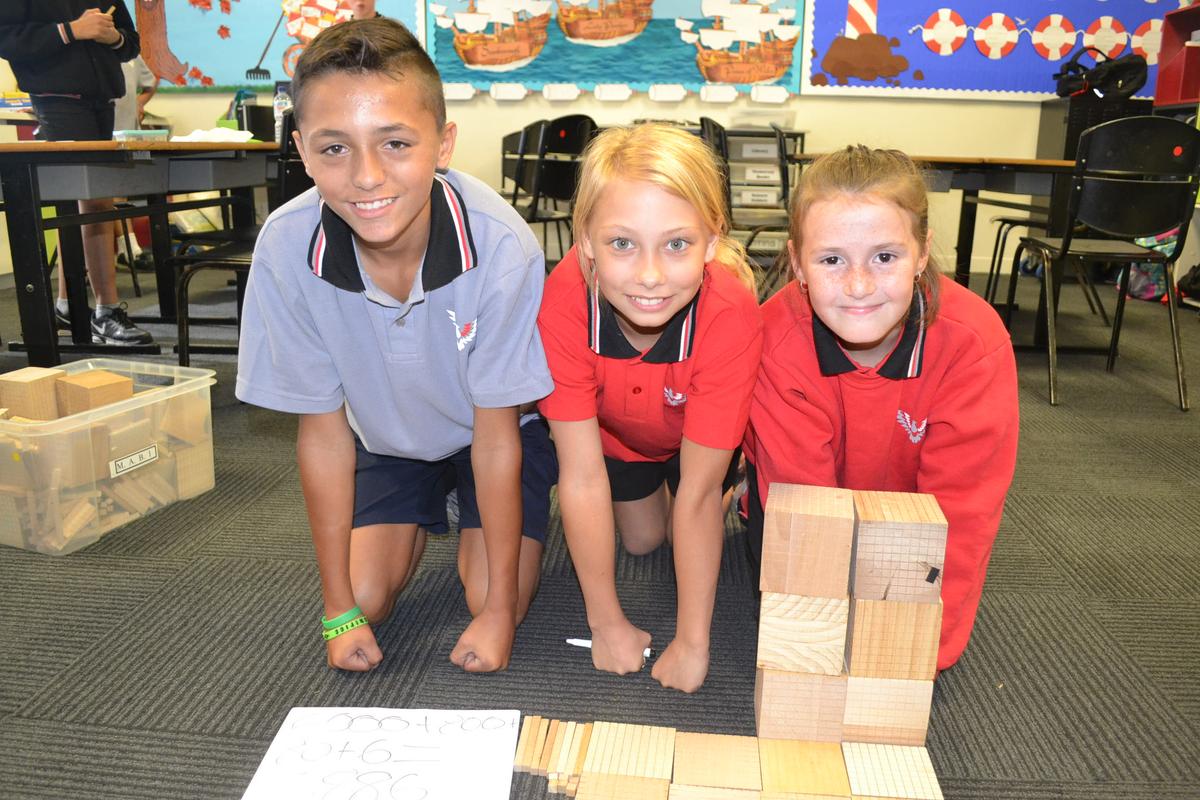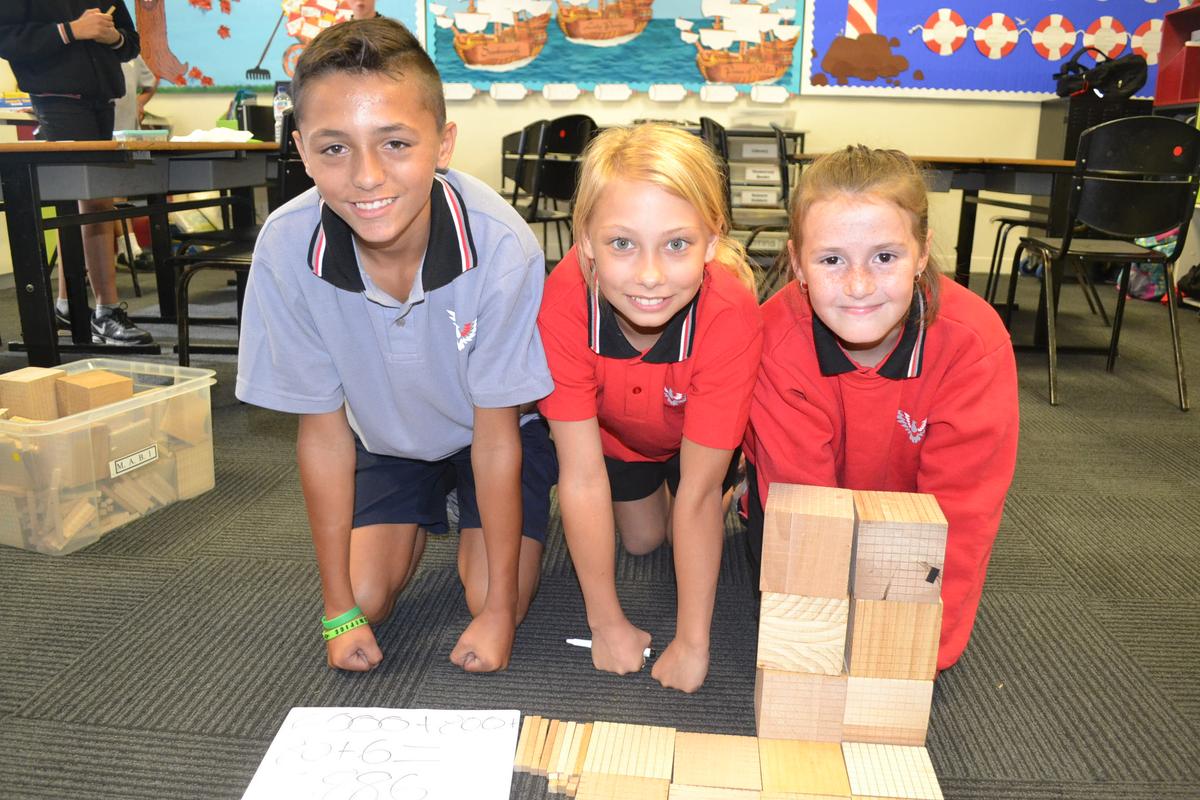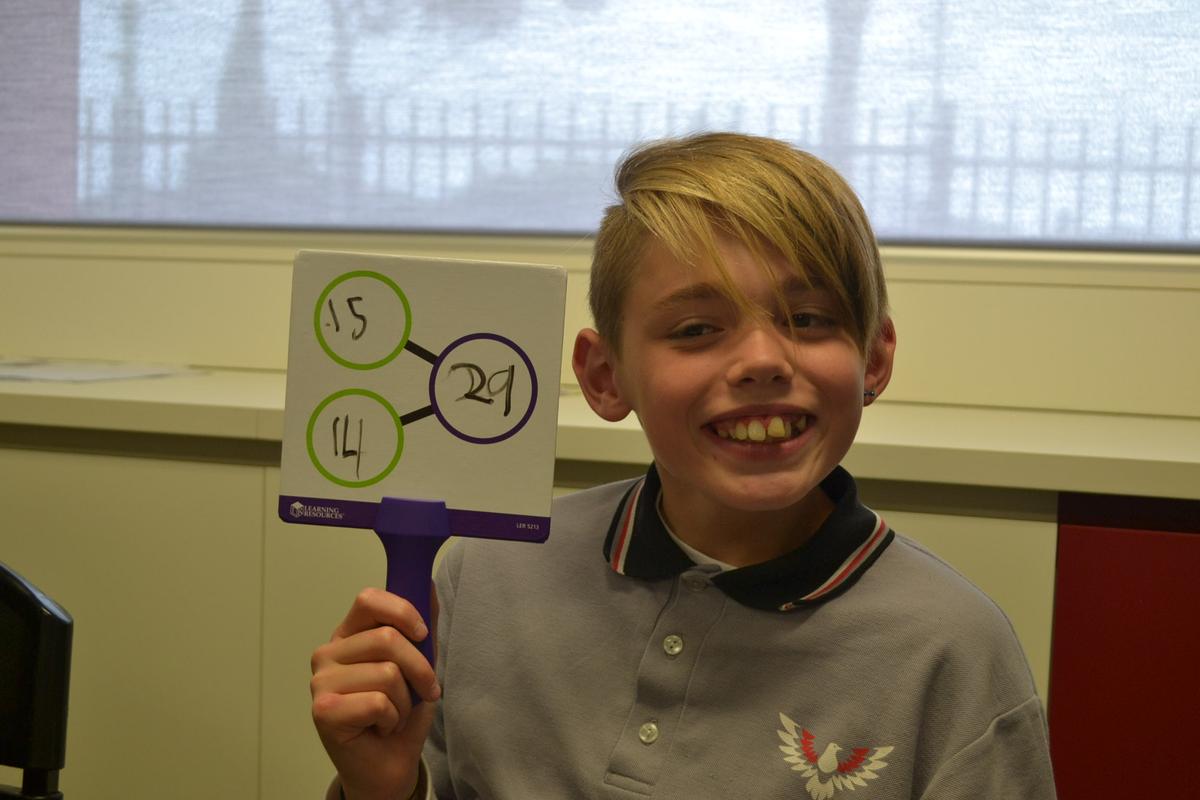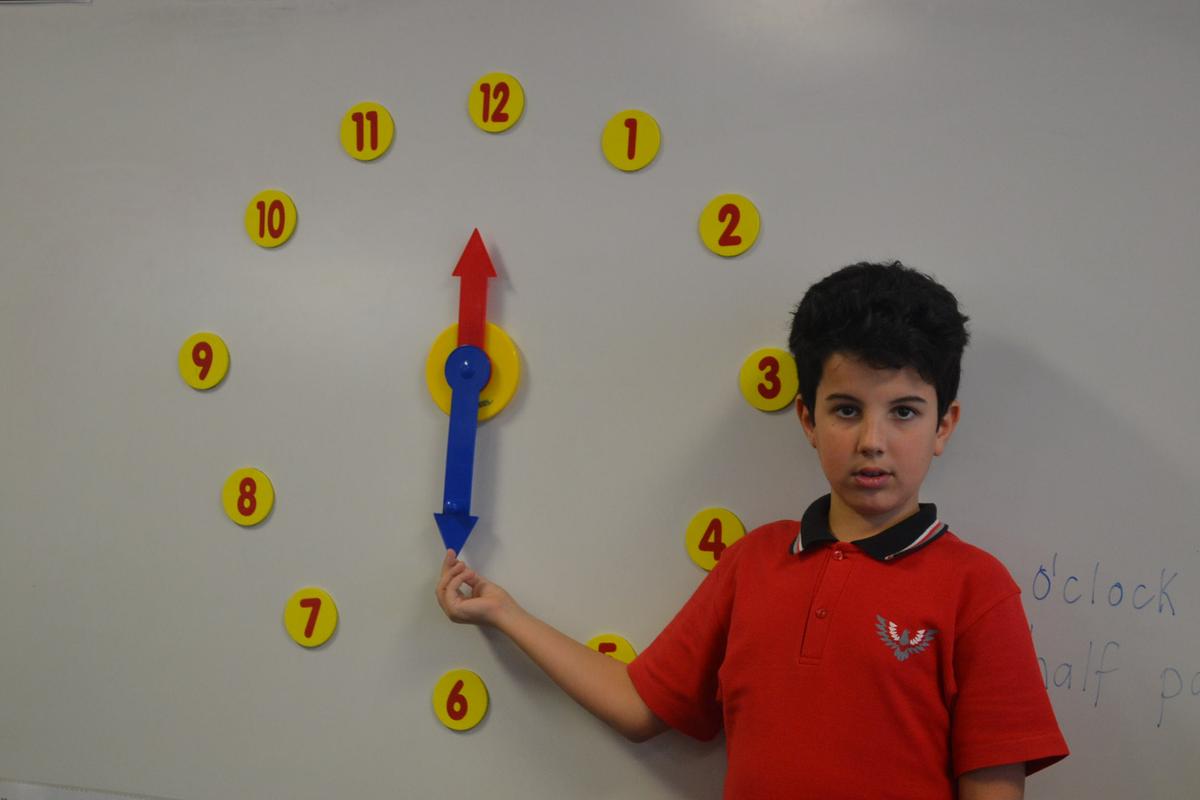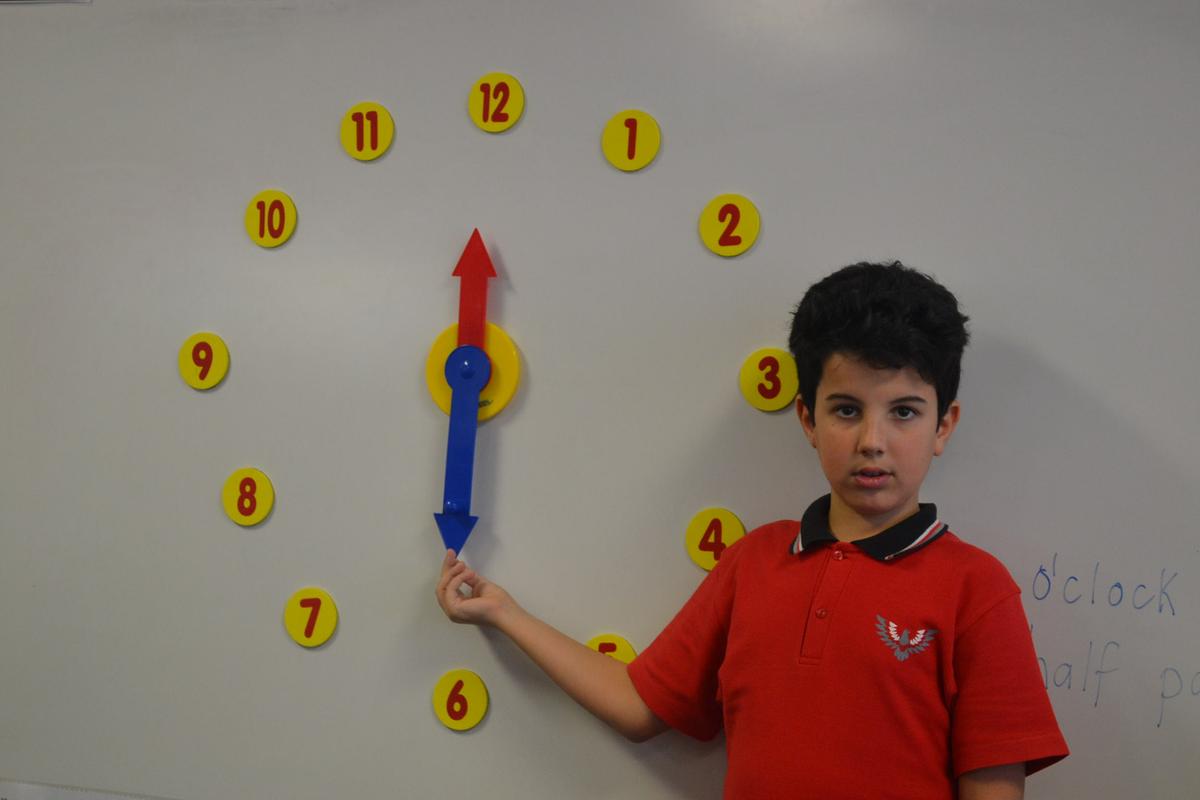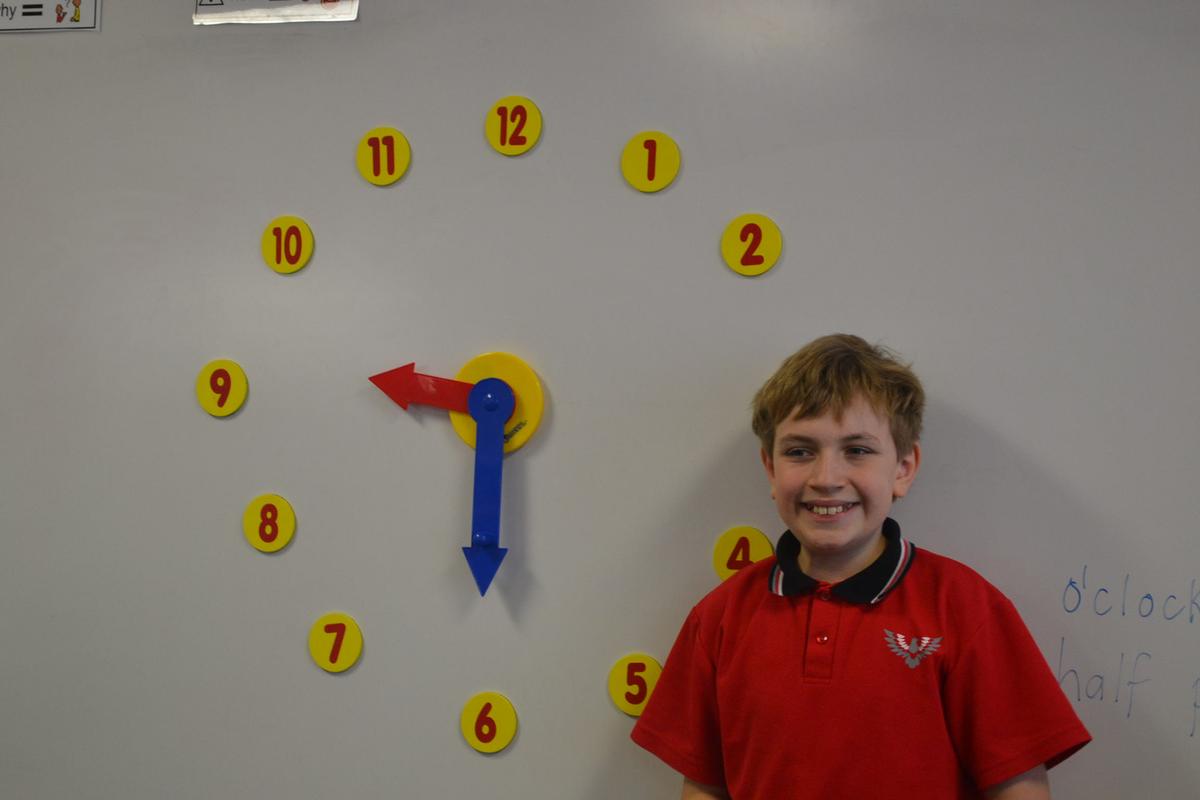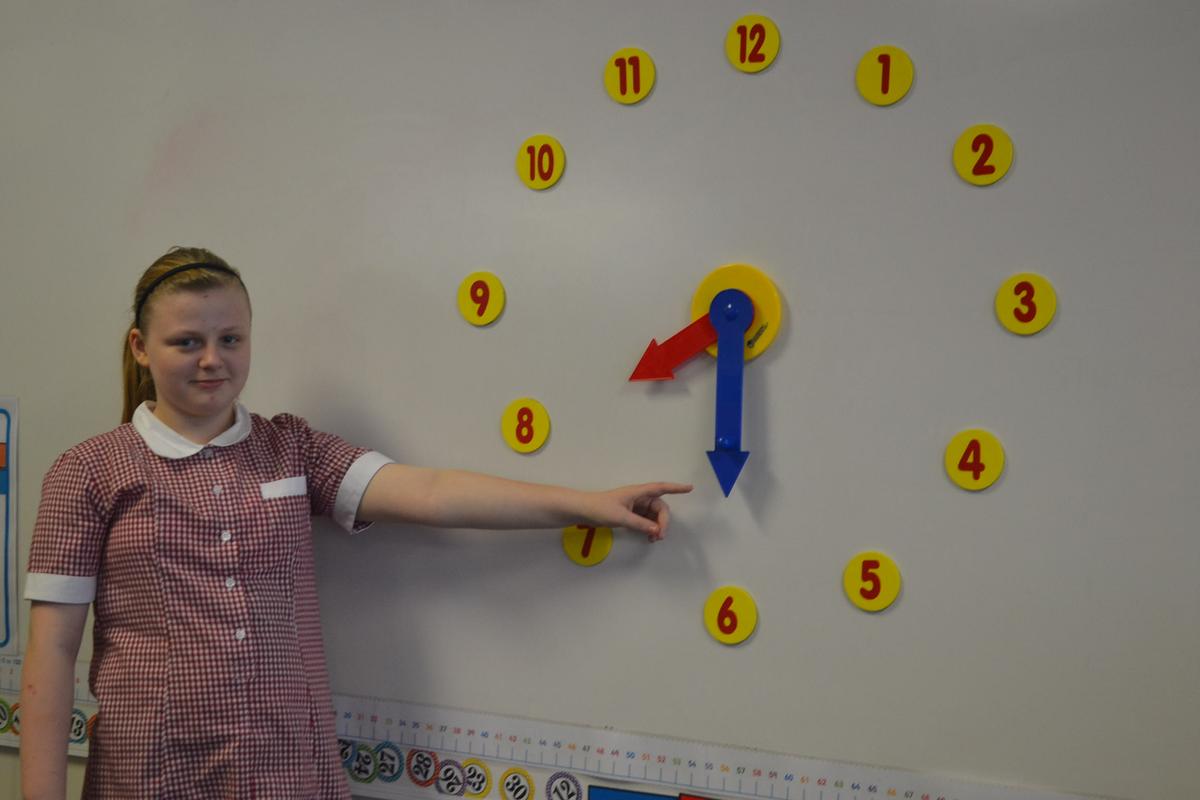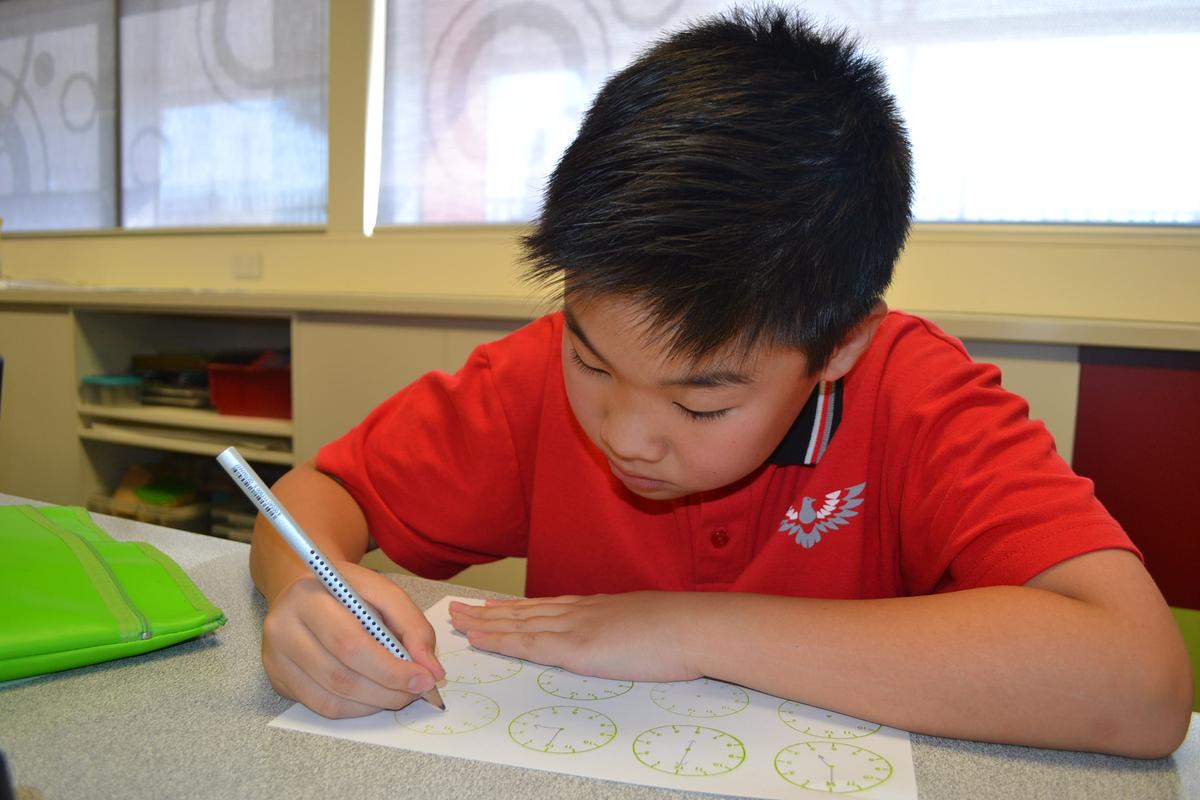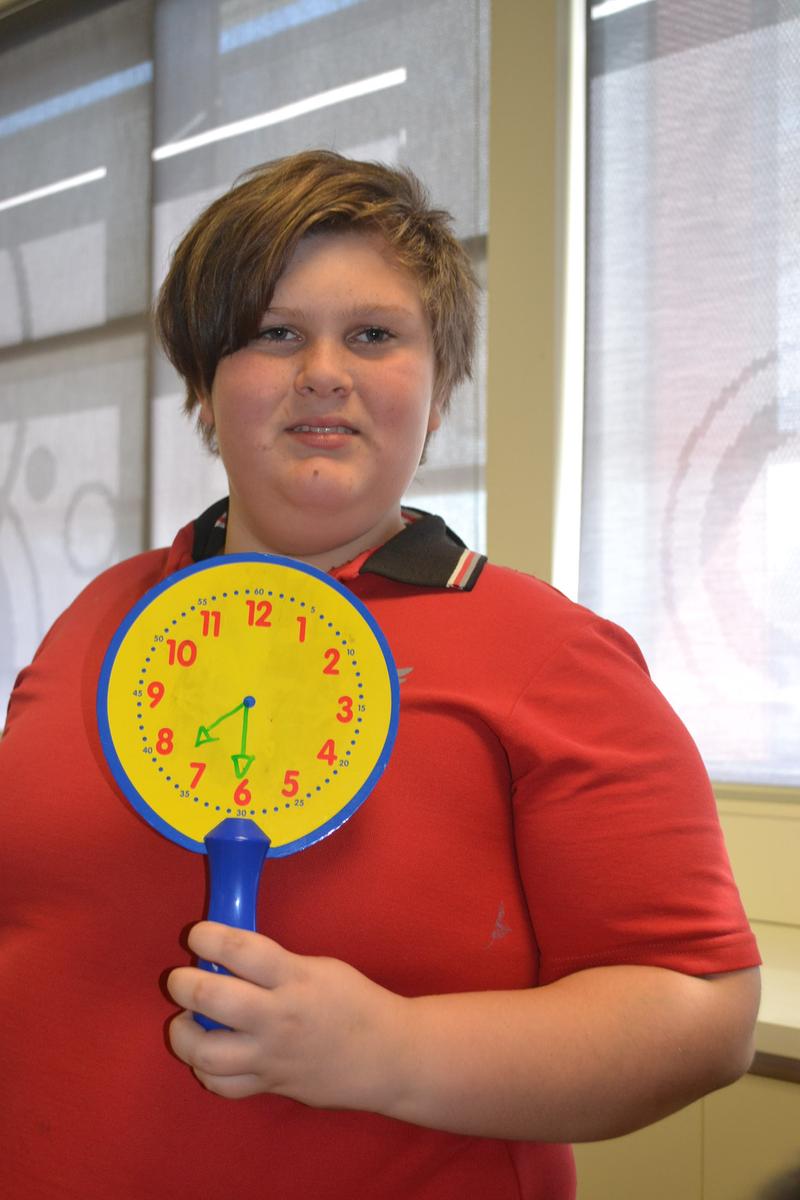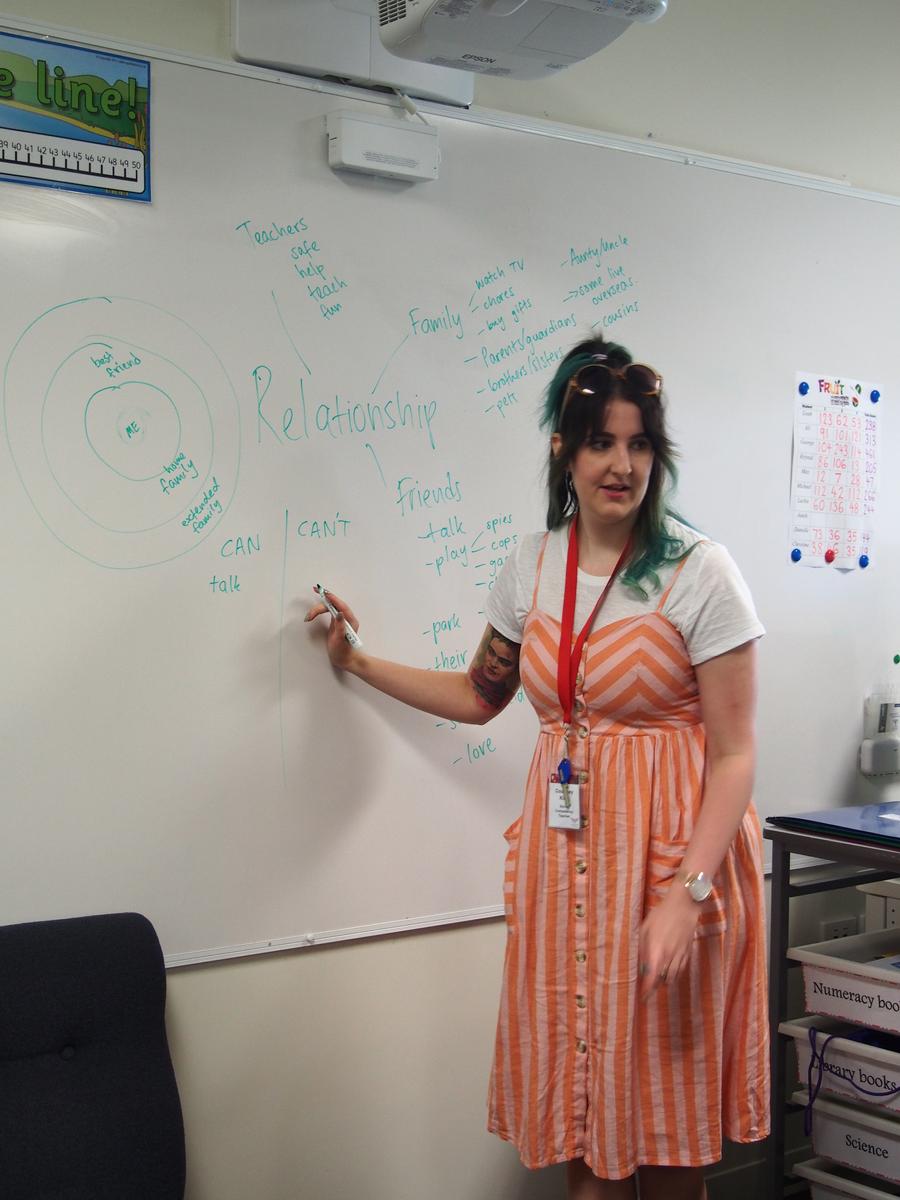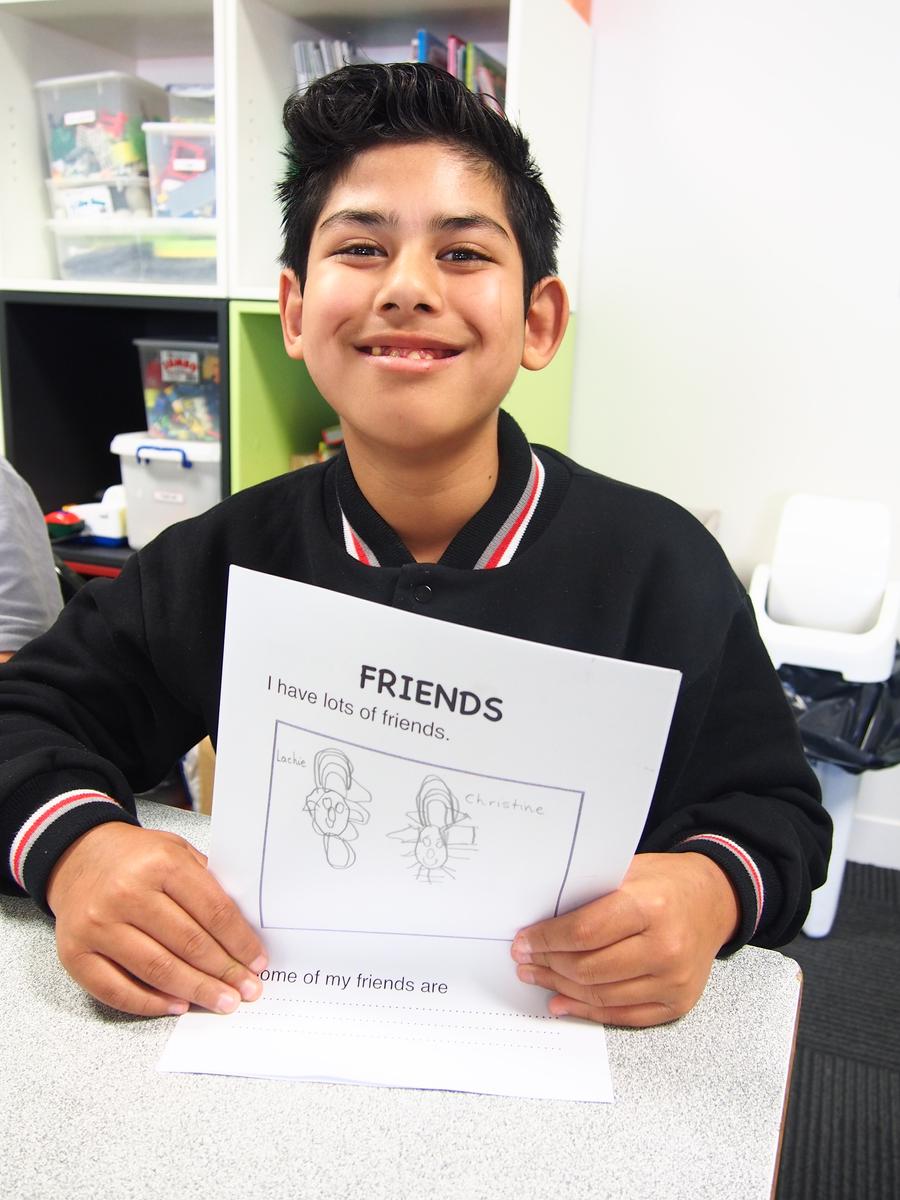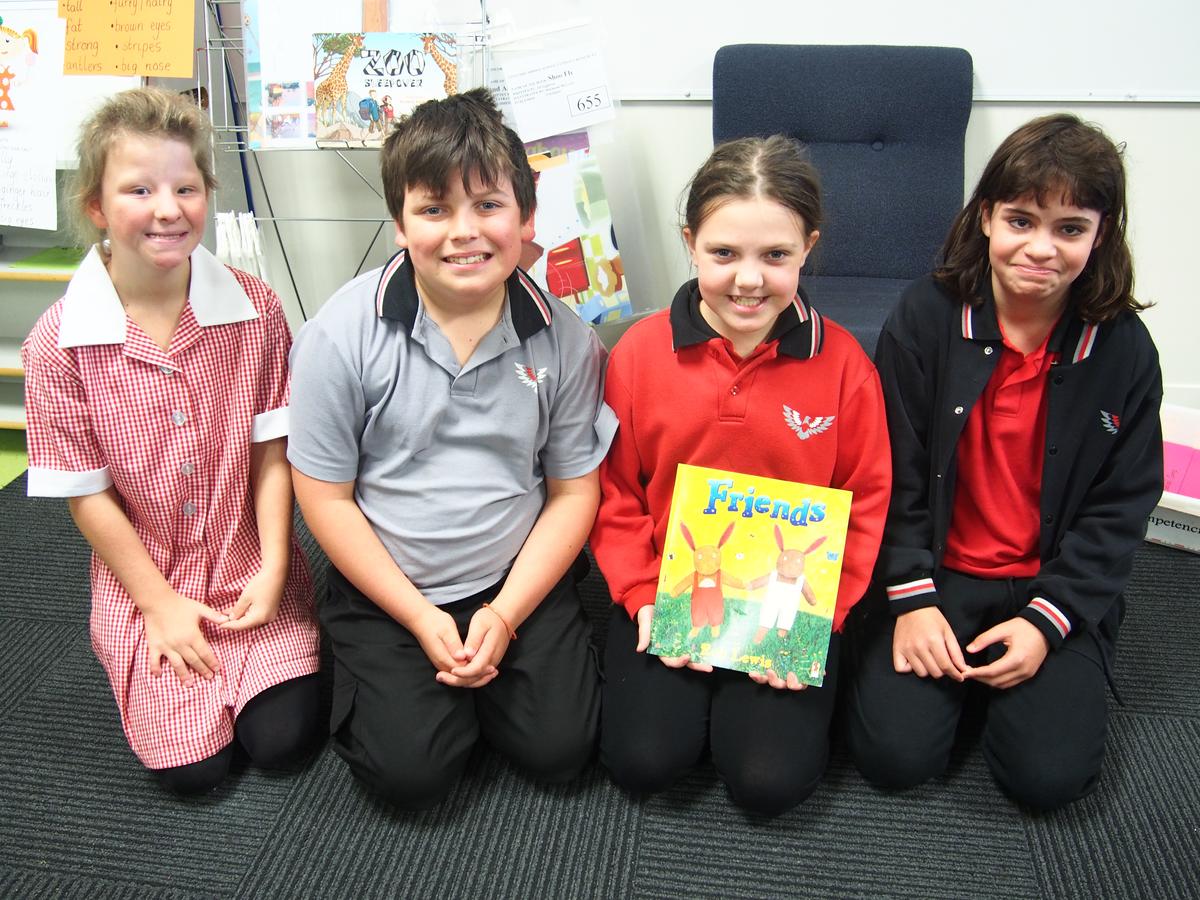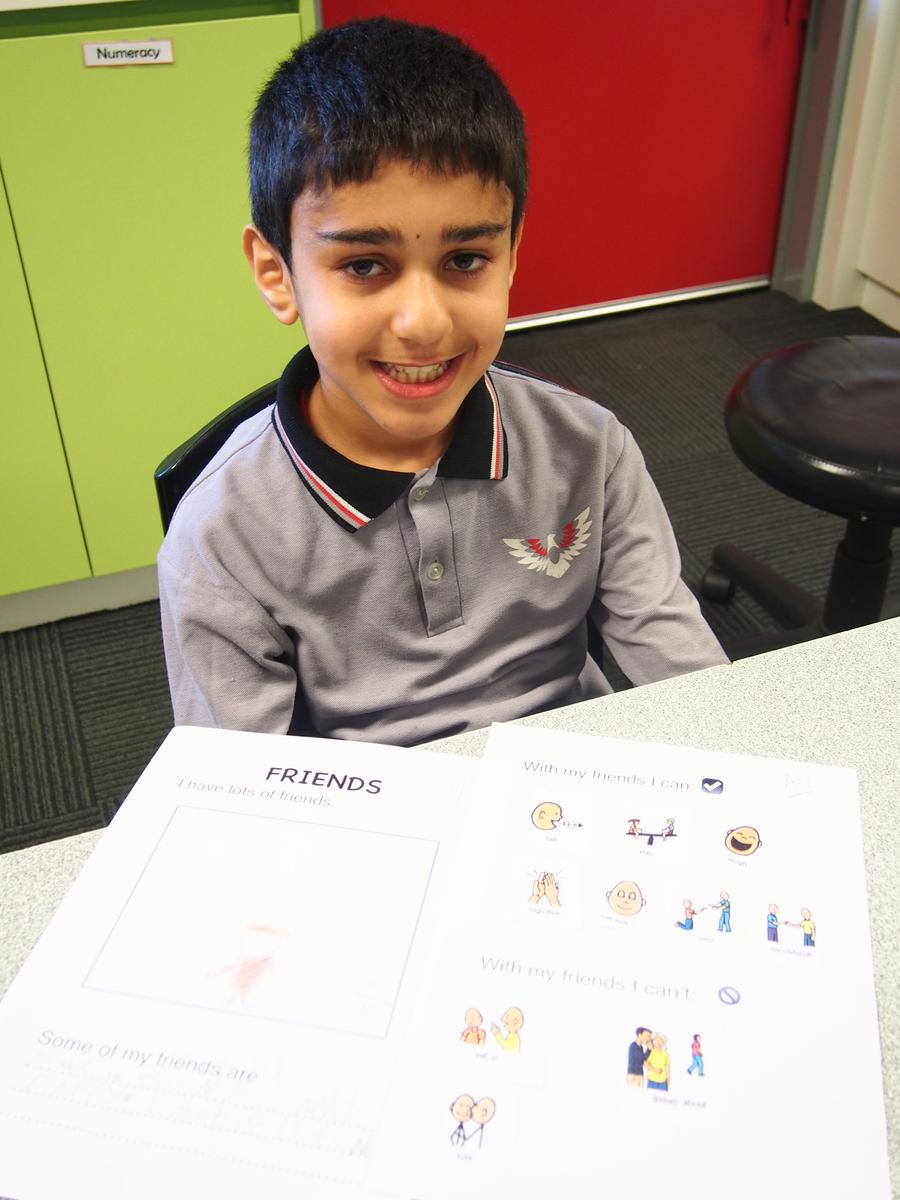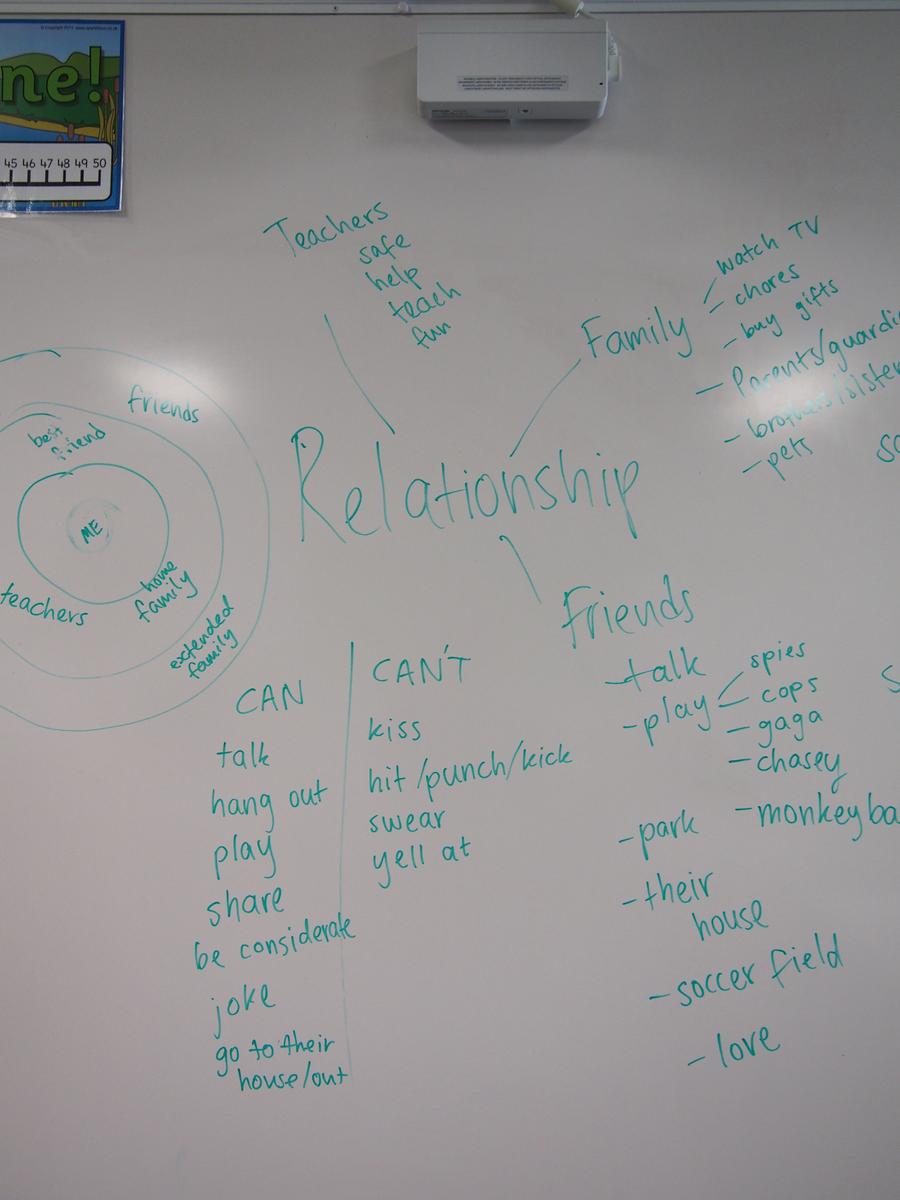Upper Primary Learning
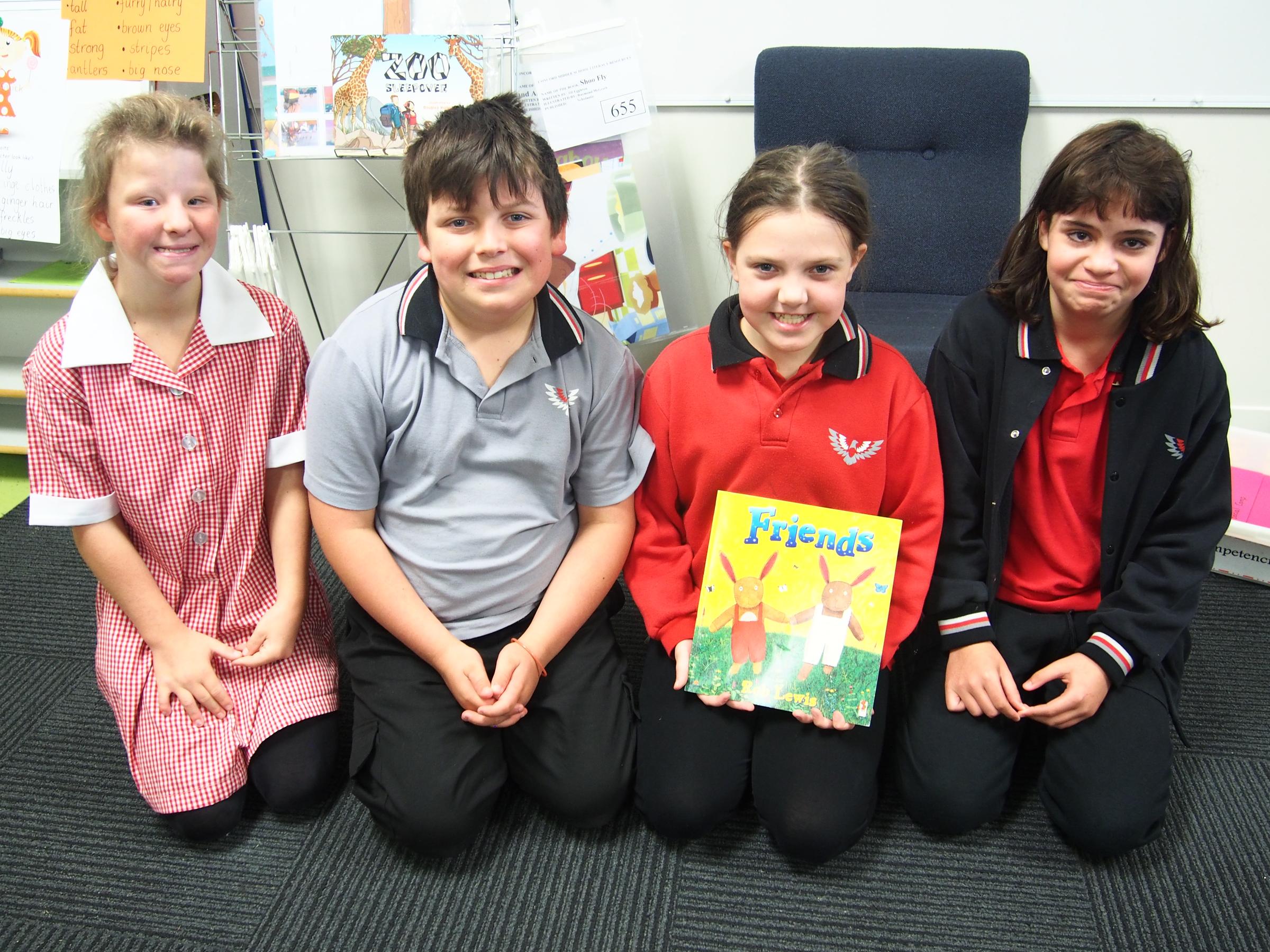
Welcome
Welcome to term two! We trust that everyone has had a safe and happy holiday. The term has got off to a flying start with students quickly settling back into the school routine and engaging in all aspects of their learning programs. We are looking forward to a productive term working with the students and supporting them 'to be the best that they can be'.
English
Over the first six weeks of term two the focus for Reading and Viewing is Comprehension strategies. Students have been exploring a variety of different text types and are learning to use strategies to develop a deeper understanding of what they have read or viewed.
Some of the strategies that the students have been focussing on include:
Reading picture information: students discuss and interpret images to make sense of the text
Sequencing: students demonstrate an understanding of the plot through sequencing images (beginning, middle and end)
Retell: students recall what happened in the story by organising and describing the events in a logical sequence
Literal and inferred questions: students answer questions by using text clues, images and their own knowledge and experience
Main idea: students read through the text identifying the most relevant information to determine the topic the author has chosen to write about
It is important that students develop the necessary skills to understand and make connections with texts. This will ensure that reading is purposeful and they make meaning of what has been read. You can support your child at home by asking questions before, during and after reading.
The current focus text type for Writing is Narrative. Students have listened to and viewed a variety of narratives to investigate features such as: characters, setting, plot, problem, solution. Over the past couple of weeks students have been focusing on characters and settings. They explored physical (outside) and personality (inside) traits and have demonstrated a high level of enthusiasm and creativity when developing their own character.
A highlight for students in PKO was using resources from the Discovery Centre TV studio to inspire their imaginations and grow ideas around the characters and settings they have created. The students have been exploring adjectives to build interesting vocabulary in conjunction with the development of the visual aspect of characters and settings.
Mathematics
In mathematics the students are currently learning about Addition. Students have been exploring a variety of efficient strategies to find the total of two groups. Manipulatives such as counters, unifix cubes and dominoes have been used in conjunction with addition mats, 5 frames, 10 frames, and number lines to teach strategies and model the process of addition.
Some of the strategies the students have been exploring include:
Count all: combine two groups and count all to find the total
Count on: counting on from the largest number to find the total
Partitioning numbers: breaking numbers into parts to help simplify what is being added (eg. 8 + 4 = ? change to 8 + 2 + 2)
Doubles: adding a number to itself (doubles are always even)
Near doubles: adding numbers that follow each other, use the knowledge of double to help add the numbers (eg. 4 + 5 = ? this is the same as 4 + 4 + 1 = 9)
In Measurement and Geometry students have been learning about Time. Each student has been engaged in activities that build on their current level of understanding. Activities have focussed on:
Identifying specific times (day/night) and related activities
Using schedules to sequence daily events
Using a calendar to identify days of the week and when events occur
Reading time on an analogue and/or digital clock
Social Competencies
Upper Primary welcomes our new Social Competencies teacher, Courtney King. Courtney started her journey in education as a trainee in Upper Primary many years ago. She now comes back to us as a teacher. Welcome Courtney, we look forward to working with you.
Courtney has been working in each of the classes since we started back this term. She has been talking with the students about ‘relationships’ and the ‘relationship circle’. To begin with, the focus will be on ‘families’. Courtney has asked that all students bring in a photograph of their family. These photos will be used to make a ‘relationship’ display in the classrooms. Those students who have already bought in their photos, have been very keen and happy to talk about their family.
Integrated Unit
This term students have continued their studies on the First Fleet. All classes have had discussions about the excursion to the Polly Woodside. PJT, PMB and PSP went this week. All of the students loved the experience on board the ship. Students engaged in a range of hands-on activities and experiences from using the capstan to hauling sails to scrubbing decks. All other classes will attend the excursion over the next few weeks.
Focus on Fun
There are endless ways in which a deck of cards can be used to support student learning. Cards are a great resource to engage children in learning without even realising. A family fun night is the perfect opportunity to introduce new games.
Here are just a few……..
Go Fish, with an addition twist
The idea of the game is to collect pairs of cards that add up to 10.
Distribute 5 cards to each player. Place the remaining cards face down in the centre of the player circle.
Players take turns asking an opponent for a card that they can add to another card to make 10 (eg/ ask for a 3 to pair with the 7 the player has in their hand).
If the opponent does not have the card the player takes the top card from the deck. If the card then can be added with a card in hand to make 10, the cards can be set aside, otherwise it is added to the hand.
Play ends when all cards have been paired to 10.
Note: Jack is worth 1, King and Queen are ‘wild’ cards and can be added to any number to make 10.
Addition War
Share the deck amongst the players.
Each player turns over two cards and states the sum of the two cards (eg/ 5 plus 9 equals 14).
The player with the greatest sum captures their opponent’s cards. These cards are placed aside.
Repeat until all cards have been captured.
Concentration
Set out 2 rows of 5 cards. Each player takes a turn by turning over two cards. If the cards match, the player picks them up and keeps them. If the cards do not match they are turned back over. Play continues until all cards are matched.
The game cane be extended by adding more cards, or matching two cards that add up to make 10.
Chris Norman - Upper Primary Team Leader
Kirsten Coulter - Teaching and Learning Coordinator
